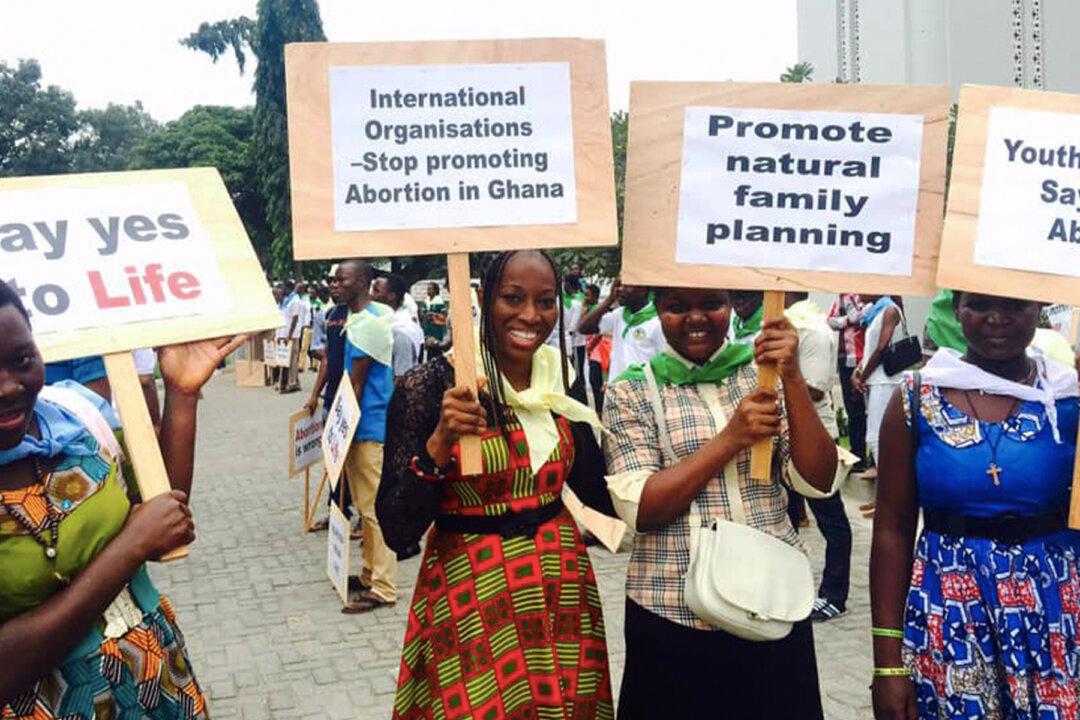According to African pro-life advocate Obianuju Ekeocha, the founder and president of Culture of Life Africa, more Western charitable aid is being channeled into “population control” than education, clean water, or healthcare on the African continent.
“The African people have a culture of life,” said Ekeocha, taking the stand as guest speaker at Georgetown University at their second annual Lives Worthy of Respect event.





